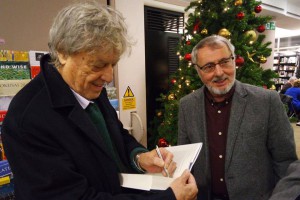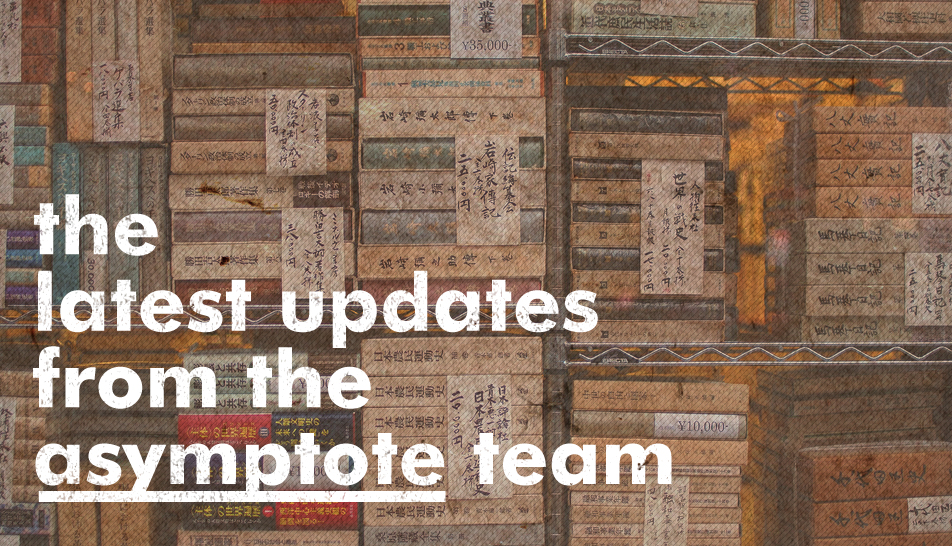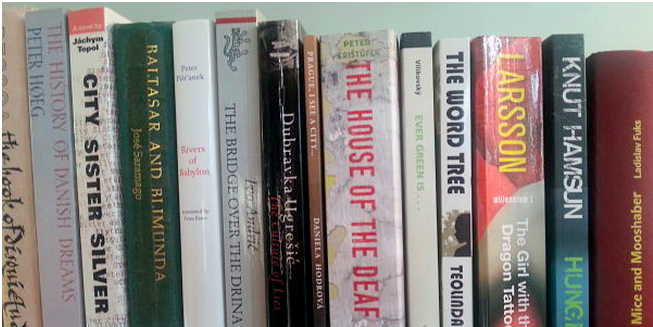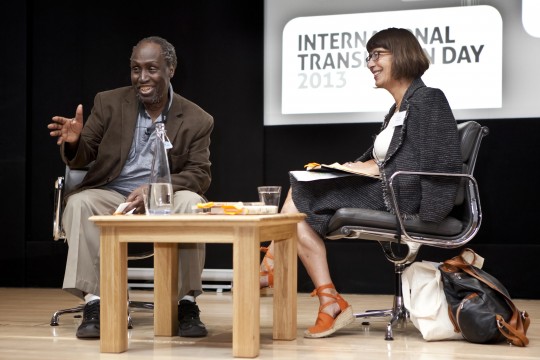This week, we dock first in Romania, where Editor-at-Large MARGENTO updates us on the political climate and how it’s influencing literary output. Then we sail southwest to Cuba, where we’ll hear from Blog Editor Madeline Jones about the foreign diplomats barred from an awards ceremony, as well as highlights from the International Book Fair in Havana. Finally, back across the Atlantic, M. René Bradshaw, Editor-at-Large for the UK, maps out the best literary events taking place in and around the capital throughout March and April.
MARGENTO, Editor-at-Large for Romania & Moldova, catches us up on the Romanian literary scene:
The recent wave of rallies that have swept Romania, where hundreds of thousands took to the streets to protest the government’s decrees decriminalizing certain corruption-related offences, has sparked reactions both on social media and in literary and creative circles. The “light revolution” received huge global media coverage when tens of thousands of smartphones converged their glows outside the government building in Bucharest, sending a blinding anti-graft message while also forming the image of a huge national flag. The true hallmark of this revolution has been internationally perceived as the deployment of digital apps and catchy, pun-filled slogans in both English and Romanian, inundating social and mass media with what hip-hop star Călin “Rimaru” Ionescu has termed the new “OUGmented reality” (OUG being the Romanian acronym for a governmental decree). As #Rezist has gone viral across digital media channels, it is apt to share from our past archives a celebration by Asymptote contributor Ruxandra Cesereanu of what she sees as a revival of the anti-Soviet and anti-communist rezistance, a Romanian partisan movement that heroically lasted from the late 1940s through the mid-1960s.
In a similar vein, American poet and translator Tara Skurtu—currently in Romania on a Fulbright grant—has revisited the Romanian gulag in a poem inspired by the recent protests and published in the Huffington Post. A couple of days later, the same publication ran an interview on similar issues with Radu Vancu, also an Asymptote contributor. Still, one of the authorities on modern and post-communist history Mircea Stănescu, who has consistently and shrewdly chronicled and analyzed the protests, maintained a cautionary stance, pointing out the generation gap strongly manifest in the current movement and warning about deeper political and educational issues that might remain unaddressed and resurface later. Yet it seems that the ongoing rallies and sense of solidarity are a breath of fresh air that has already inspired a great deal of writers. Poet, novelist, and essayist Cosmin Perța has already announced a forthcoming #Rezist literary anthology.





